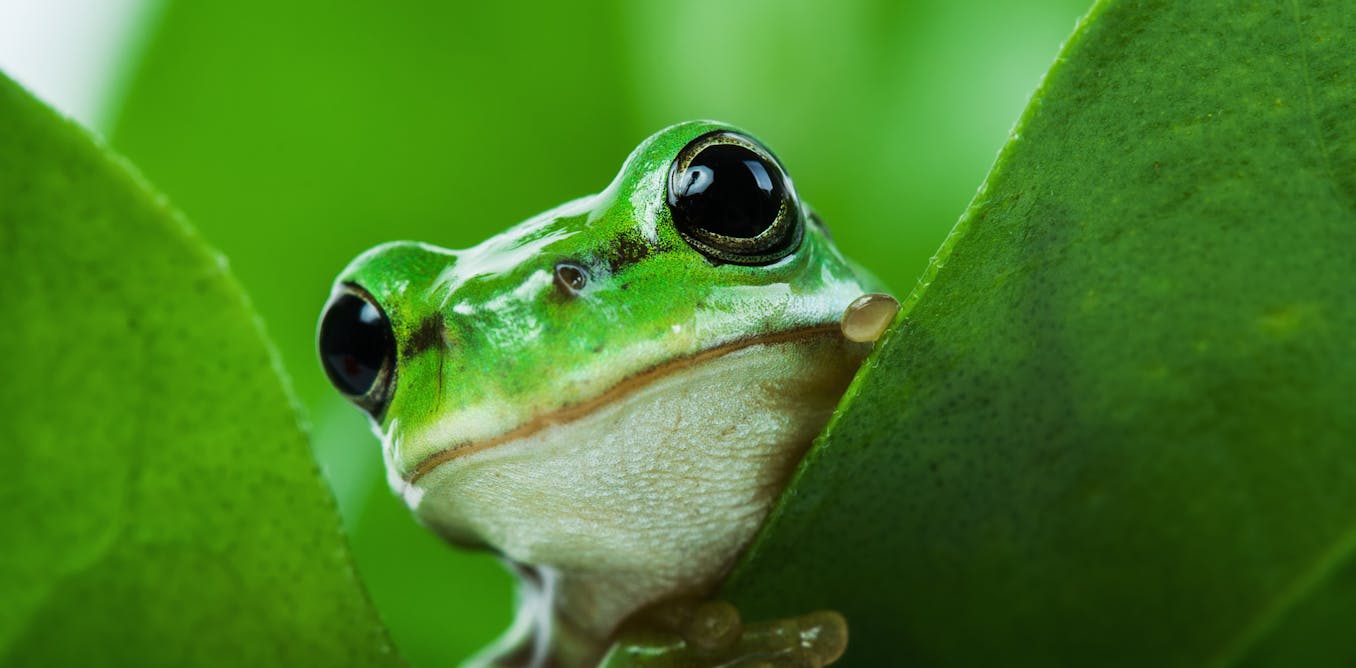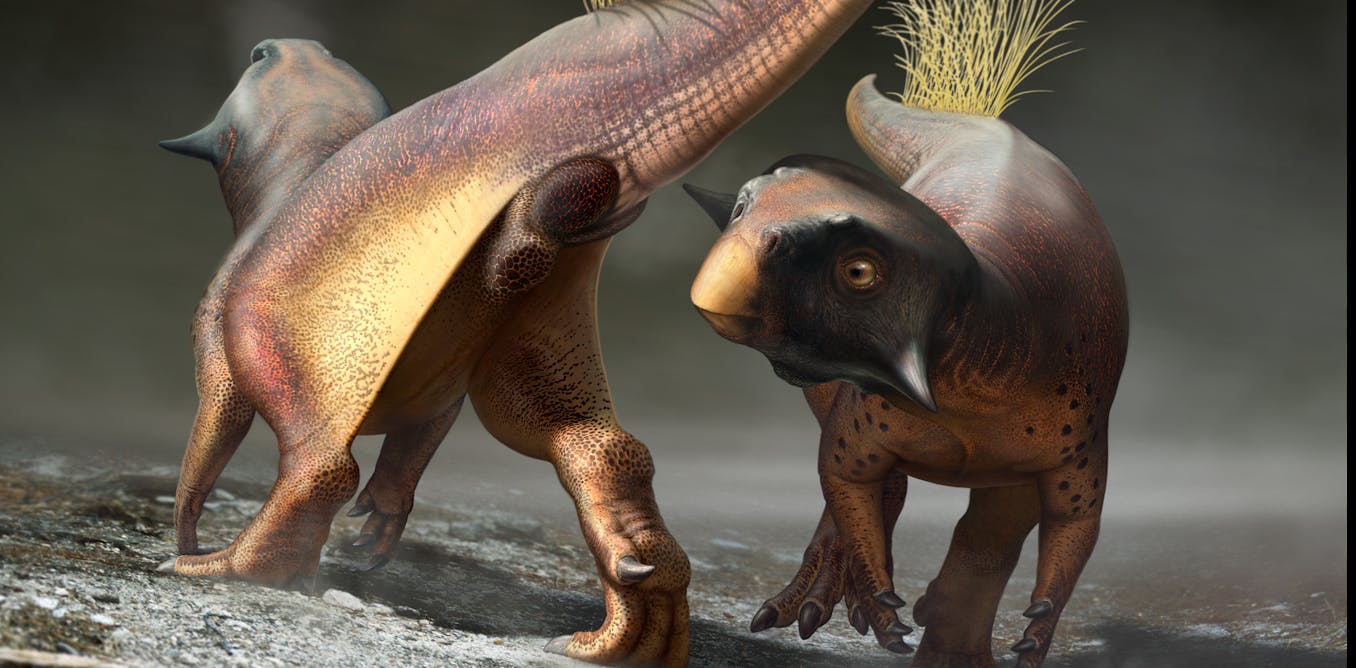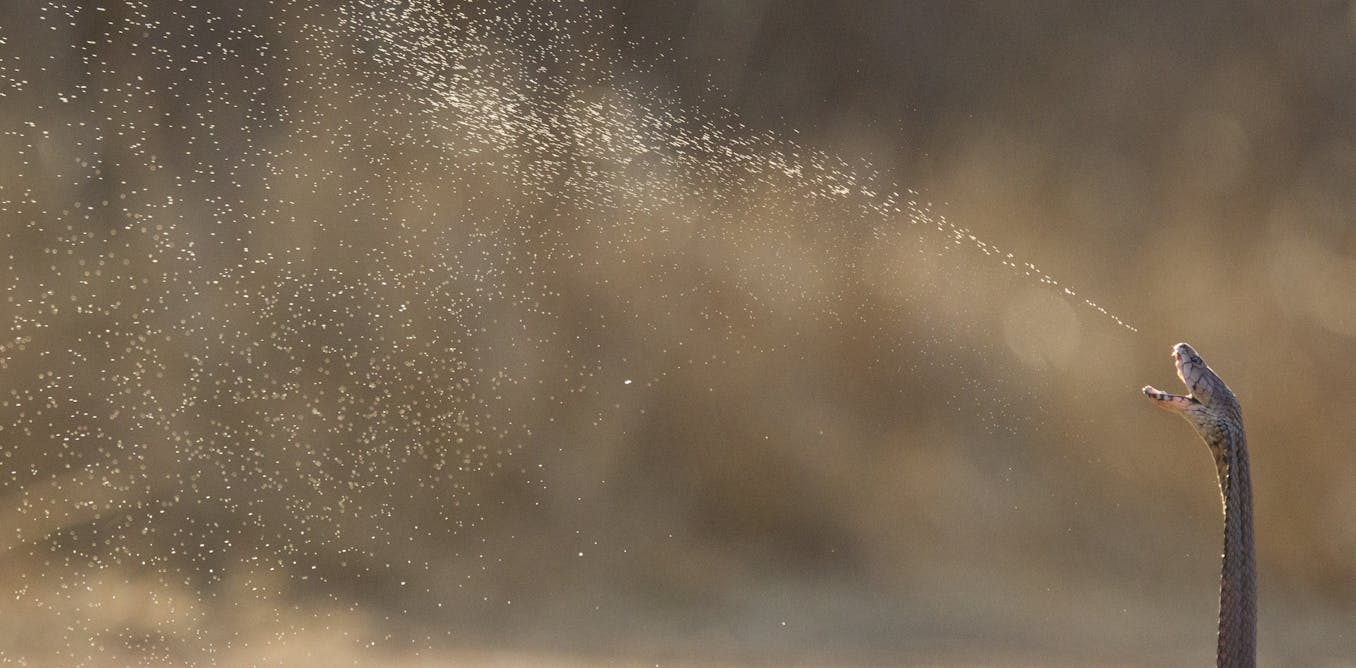In fish, parents' stressful experiences influence offspring behavior via epigenetic changes
A parent's or grandparent's stressful experiences change how their offspring behave. And it turns out that moms' experiences produce different changes in kids than dads'.
March 30, 2021 • ~5 min









